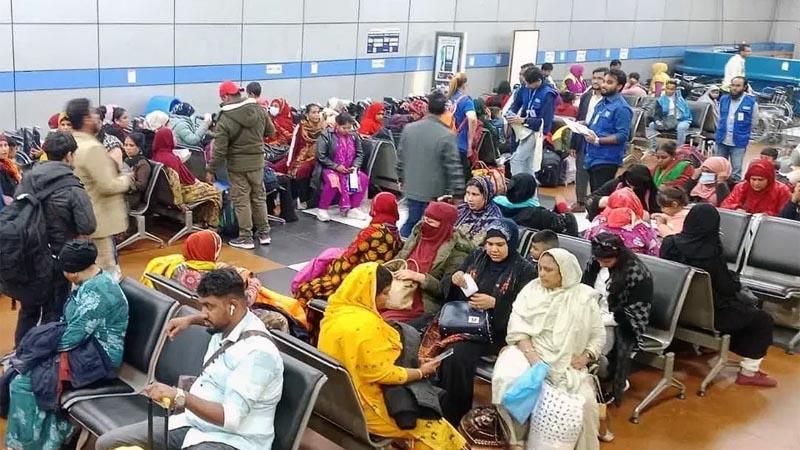A Muslim couple in India was forced to leave their newly-purchased home after facing protests from Hindu neighbors who opposed their presence due to their religion.
The protests erupted in TDI City, a high-end residential area in Moradabad, Uttar Pradesh, on Tuesday night after news of the sale became public.
The incident sparked widespread outrage in India after a viral video captured a resident, Megha Arora, criticizing Dr. Ashok Bajaj, a fellow resident, for selling his house to a Muslim family without consulting others.
"We cannot tolerate a Muslim family living right in front of our local temple. This is also a question of the safety of our women," she said.
"We want the sale to be revoked and are asking the administration to cancel the registration of the house in the name of its new owners. We cannot allow people from another faith to come and live here. We will not allow them to enter and continue to protest as long as they don't go away," she added.
Several residents also gathered at the district magistrate's office to file a complaint, chanting slogans against Dr. Bajaj and the Muslim couple.
The protests achieved their aim. On Friday, Dr. Ashok Bajaj informed the BBC that a resolution, mediated by the city's elected representative, had been reached. Under the agreement, the Muslim couple would re-sell the house to a Hindu family already residing in the community.
Dr. Bajaj, who operates an eye hospital in Moradabad and had lived in the upscale housing society for over six years, initially sold the property to the Muslim couple, both doctors and longtime acquaintances of his family for 40 years. However, the couple decided not to move in, citing discomfort following the backlash.
Dr. Bajaj described the uproar as "unnecessary" and admitted he hadn’t anticipated it becoming a national issue.
This incident highlights growing concerns over violence and discrimination faced by India’s Muslim community, which many believe has escalated over the past decade under Prime Minister Narendra Modi’s Hindu nationalist government. Reports of anti-Muslim hate speech have surged, particularly in states governed by the BJP, including Uttar Pradesh, where Moradabad is located. The BJP has consistently denied these allegations.
Tanvir Aeijaz, a professor of politics and public policy at Delhi University, remarked that the Moradabad incident illustrates how deeply religious polarization has taken root and is influencing grassroots-level interactions.
Dr Bajaj says the protest started after he introduced the Muslim couple to his neighbours as a gesture of goodwill.
The backlash to the sale of the house, he said, "has come out of nowhere" as there are other Muslim families already living in the colony and that "we had always had a good rapport with our neighbours".
"The controversy is changing the fabric of the city. Our intention was not to create any kind of unrest with this transaction," he said, adding that "there is no law" against this transaction.
The colony also did not have a residents' association that would need to approve the sale, he said. "Now they have woken up to make it."
This is not the first time Muslim residents have faced backlash in Moradabad for buying homes in a Hindu-majority area. In 2021, residents and Hindu hardline organisations had protested after two Muslim families had purchased houses from Hindus.
Segregated living has existed in rural India for a long time where different castes and religions lived apart. The urban centres were meant to be the melting pots where people could live together, irrespective of their differences. However, in reality, many urban areas continue to experience segregation.
Discrimination against minority communities, especially Muslims, is common in many Indian cities where many housing societies insist on food habits such as vegetarianism to keep them out.
Muslims in states like Gujarat and Maharashtra and even in the capital, Delhi, have often said they are unable to buy or rent homes in Hindu neighbourhoods. A few years ago, a Bollywood actor Emraan Hashmi had made headlines for alleging he was refused a flat in Mumbai because of his Muslim faith.
Prof Aeijaz says denying the Muslim couple in Moradabad the choice to buy the house they wanted is "discriminatory and completely unconstitutional".
"It's a violation of their fundamental and legal rights. This is a violation of a person's right to equality and freedom and if such cases increase, they endanger the constitution of India."
Prof Aeijaz says there are special rights to protect Dalits (formerly known as untouchables) and women who are considered vulnerable groups, "but how come there are no rights to protect Muslims who are the most vulnerable group in India"? he asks.
This incident has also resulted in a huge outrage with many taking to social media to express their anger.
"Welcome to #NewIndia," comedian Akash Banerjee wrote on X, formerly Twitter. "A doctor sold his house to a fellow doctor… Why on earth would that lead to a massive protest/uproar in a posh housing society in Moradabad?" he asked.
"As a nation we always boast about unity in diversity. We should be ashamed about these incidents," wrote John Brittas, an MP from the Communist Party of India (Marxist).
Those protesting against the couple "were not nameless, faceless individuals", another user wrote on X. "They were people unafraid and unashamed of publicly displaying their bigotry and lsIamophobia."
Prof Aeijaz, however, says he feels hopeful that things will change for the better.
"Hinduism is based on pluralism. Most people I meet understand that hate is against their religion. And that gives me hope."
Source: BBC
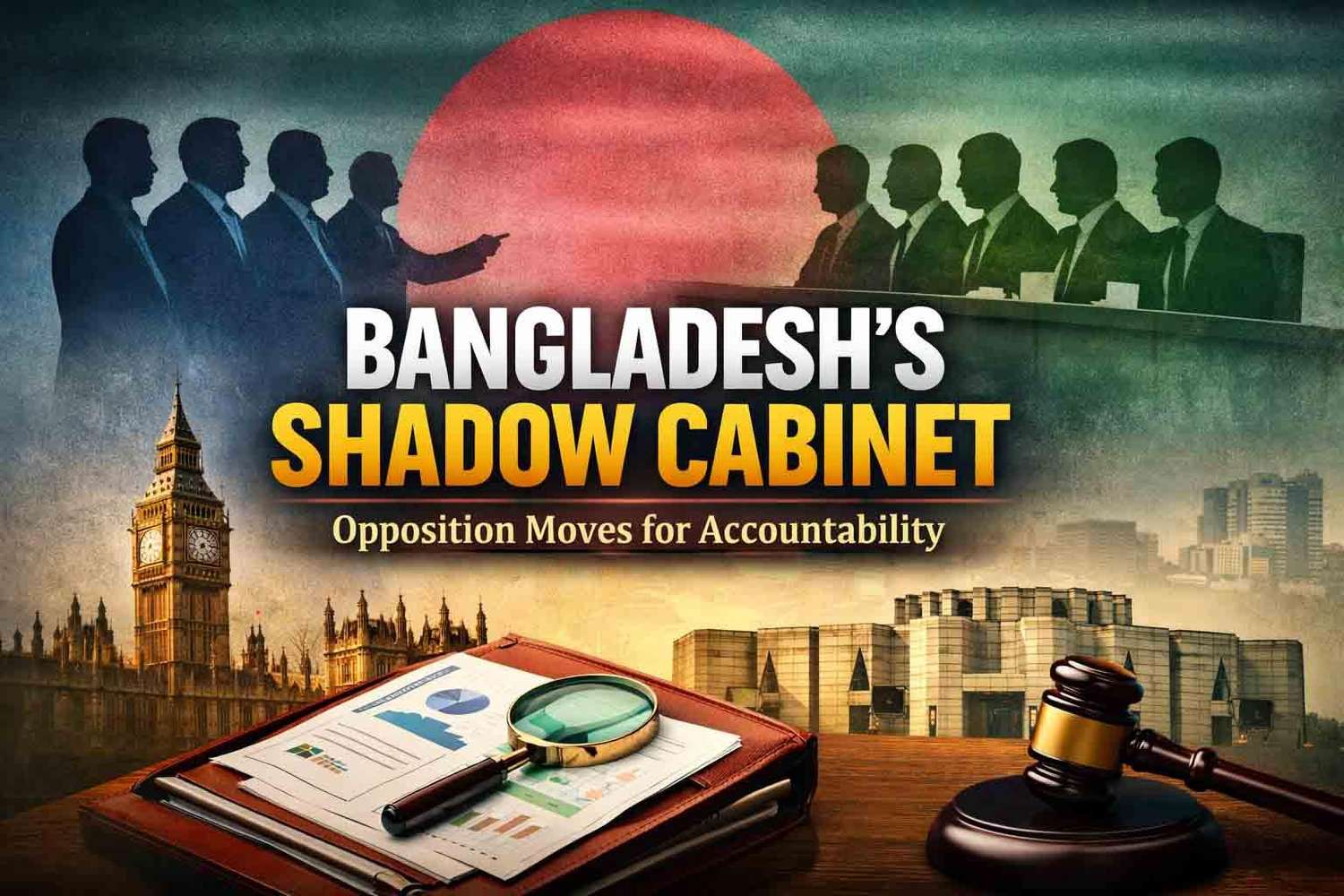
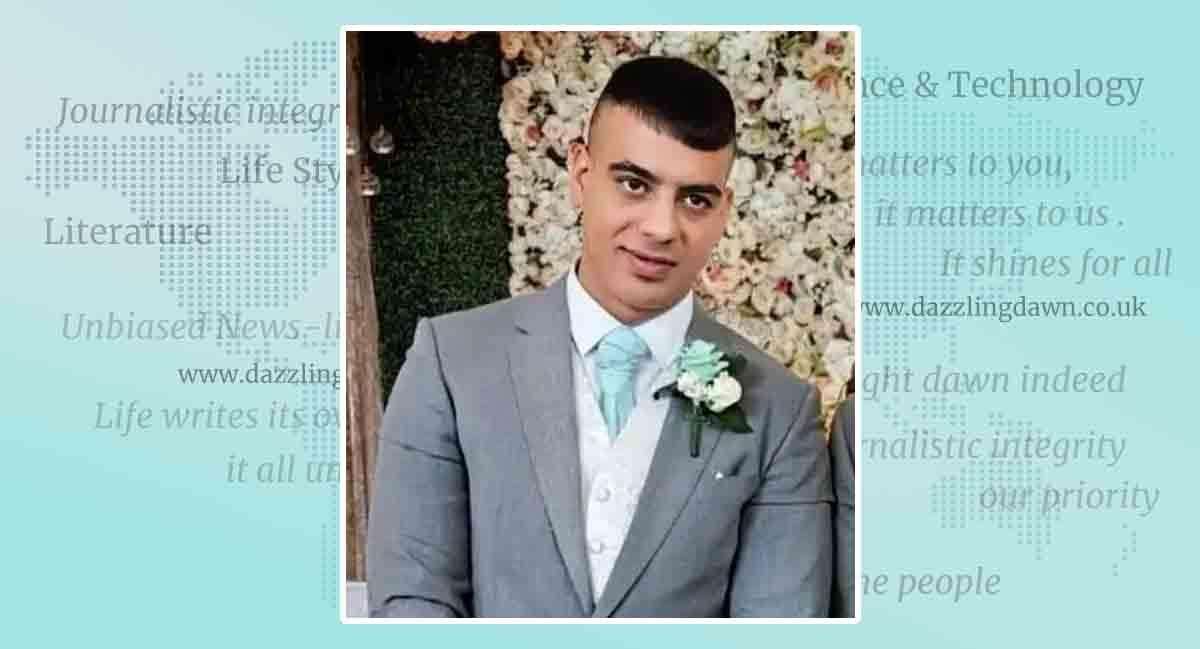
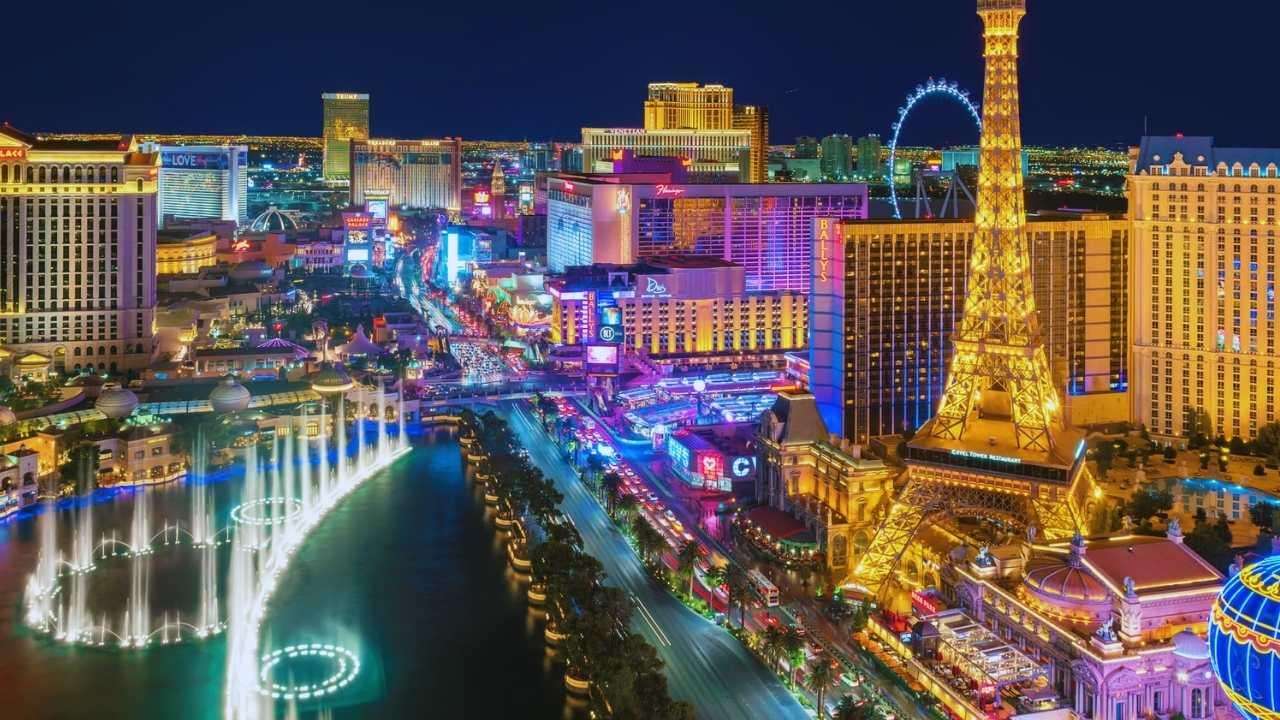

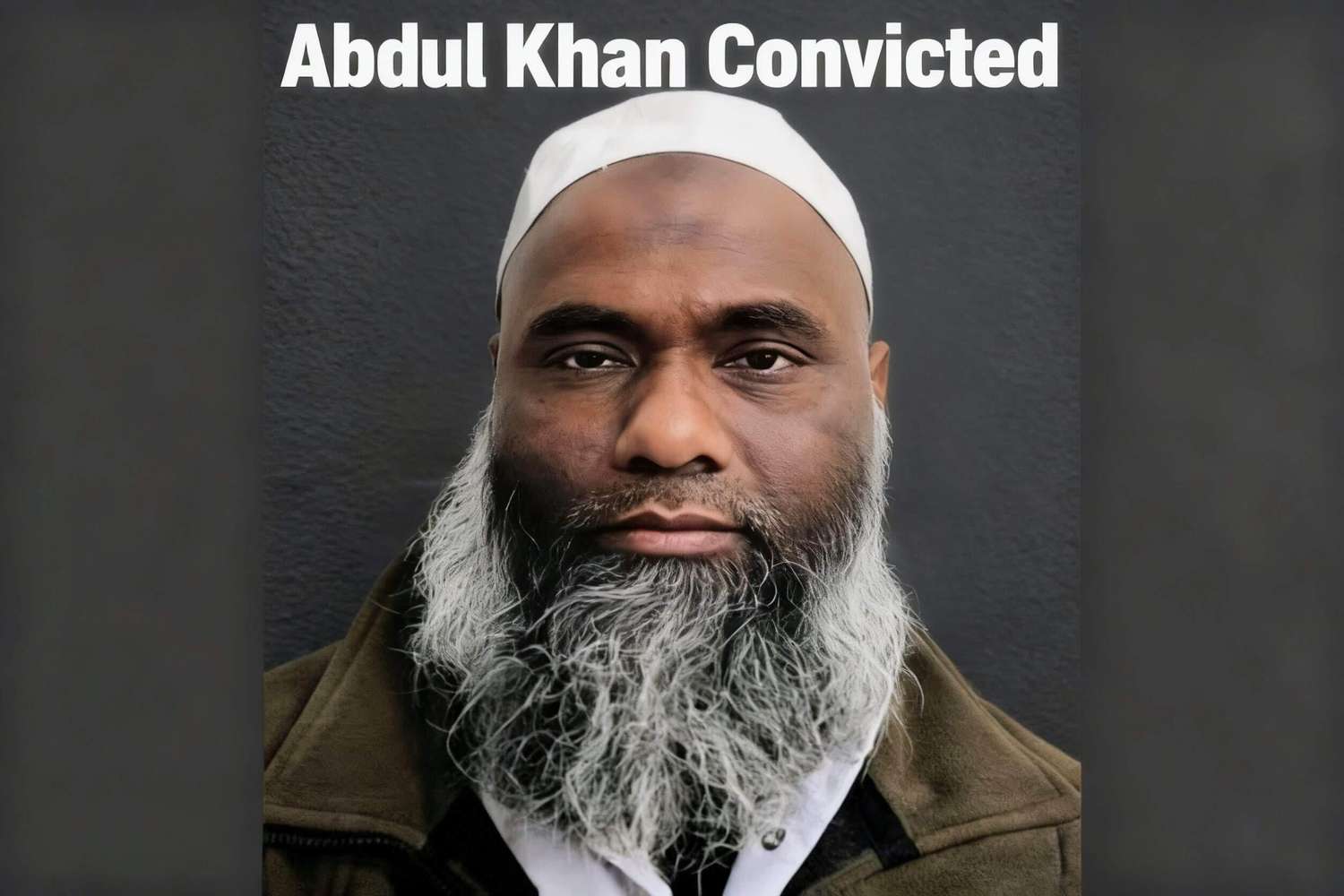


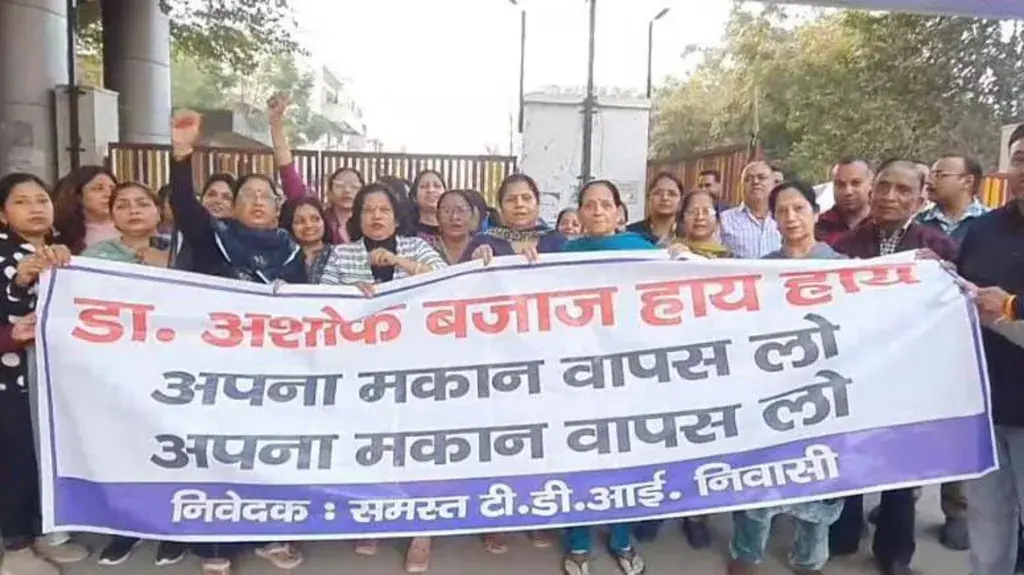
.svg)

